Zimbabwe
Zimbabwe has banned all lithium exports after the government said it was losing 1.7 billion euros from exporting it as a raw mineral and not processing it into batteries in-country.
Lithium is so valuable as a component of electronic batteries - mostly for cars mobile phones and computers - that it’s known as “white gold.” The price has gone up by 1,100 percent in the past two years alone.
Zimbabwe has the largest amount of the mineral in Africa and has enough of it to supply a fifth of the world’s needs, the government says.
Whilst it’s on track to become one of the world’s largest lithium exporters, the government says it should start its own battery industry rather than allow foreign companies to dominate battery production.
If it succeeds it will mark a sea change for Zimbabwe's economy.
Like many other mineral-rich African states, it has allowed its raw minerals to be extracted by multinationals for decades without developing local industries that could process them, and create many jobs.
The Zimbabwean Ministry of Mines and Mining Development said it would also clamp down on the artisanal miners digging up lithium and smuggling the mineral across borders.




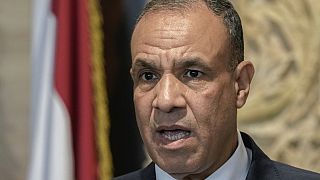


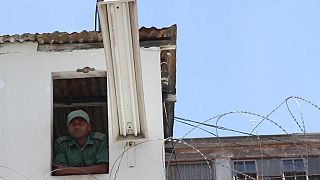
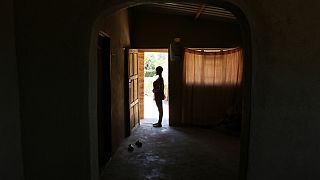
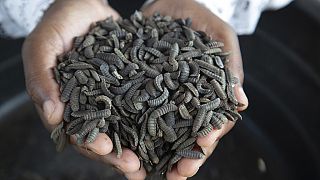

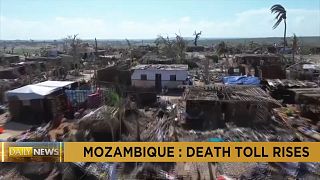

01:00
Ghana's president-elect pledges to revitalise cocoa sector
Go to video
Indian Ocean islands of Comoros, Madagascar and Mayotte are bracing for Cyclone Chido
01:54
Sweat and stone: The children powering Nigeria's lithium boom
Go to video
Mali: 4 Executives from Canadian company Barrick Gold arrested
Go to video
Central African Republic: 10 dead in an ambush near a diamond mine
Go to video
What to know about a standoff between police and illegal miners at a South Africa mine